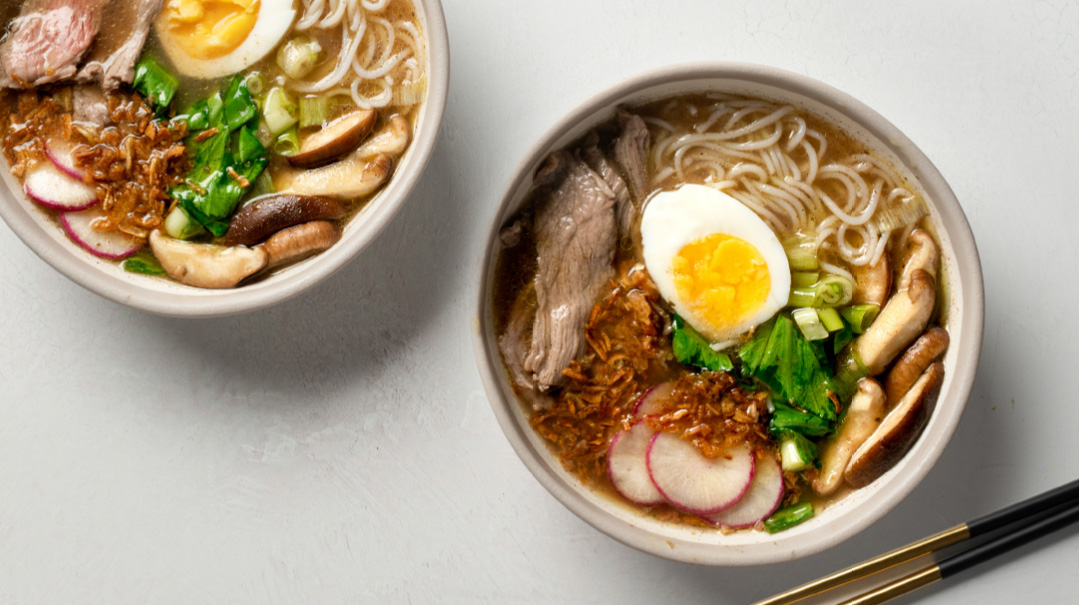Empire Chicken: From Egg to Table


1 Empire owns breeder chickens that lay eggs, which hatch at Empire’s own hatchery
2 The new chicks are taken to family-owned, independent farms where they grow for six or eight weeks and are raised very specifically for Empire’s needs.
3 The independent farms raise the chicks and feed them a unique vegetarian feed blend that’s made at Empire’s feed mill. This allows a very consistent product outcome — every time you buy an Empire chicken it will taste the same. Empire knows exactly where they’ve grown, who raised them, how they were raised, and every aspect of their growth — from humane handling to kashrus concerns. It’s all managed and monitored entirely by Empire.
4 The chickens are raised in indoor coops with access to the outdoors, so they get exercise and have the freedom to move around.
5 The grown chickens are transported to Empire’s facility in Mifflin Town, Pennsylvania, where they’re greeted by a team of 60 shochtim and mashgichim. Over the last six to eight months, Empire has introduced a new hashgachah under Rabbi Yechiel Babad. The team of shochtim live in Mifflin Town from Sunday to Thursday and return home to Lakewood, Boro Park, Monsey, and Baltimore for the weekends.
6 The shochtim shecht for a few hours per day, with a break every number of minutes so a bodek can check their knives to ensure that nothing nicked the blade. The system is set up so that if the knife had a problem or the bodek saw something he didn’t like, he could pull everything that was shechted in the last few minutes off the product line and discard it.
7 All the chickens and turkeys get inspected by USDA staff. They’re on site every day and inspect every one.
8 After the USDA goes through them, another mashgiach examines each and every chicken. Some of the USDA-approved poultry is pulled off the production line because of a halachic question — even if it’s perfectly safe to eat, if it doesn’t meet kashrus standards, it’s discarded.
9 The chickens go through the standard kashrus practice of soaking, salting, and soaking again. First they’re soaked, then they’re completely coated in salt for 60 minutes, then they’re rinsed three separate times.
10 We have a kosher chicken! Some chickens get cut up, and they get packaged and shipped to a grocery store near you.
11 Cook safely. Always be sure your chicken and turkey reach 165°F when checked with a meat thermometer.
12 If frozen, defrost safely. Always defrost in the fridge. Allow up to 24 hours per 1 to 5 pounds of frozen chicken or turkey. A water bath is the best method to thaw frozen meats if you’re short on time: Place the meat in a leakproof, zip-top bag to avoid the water getting in and making your meat soggy. Submerge your bag in cold tap water, changing the water every 30 minutes. Small bags (around 1 pound) may take up to an hour. A 3- to 4-pound bag may take two to three hours.
13 Don’t overcomplicate the cooking process! Simple preparation methods and recipes using Empire Kosher Chicken will yield great-tasting meals. For an Empire favorite, try using ground chicken or turkey instead of ground beef in stuffed cabbage or for meatballs.
(Originally featured in Family Table, Issue 712)
Oops! We could not locate your form.













